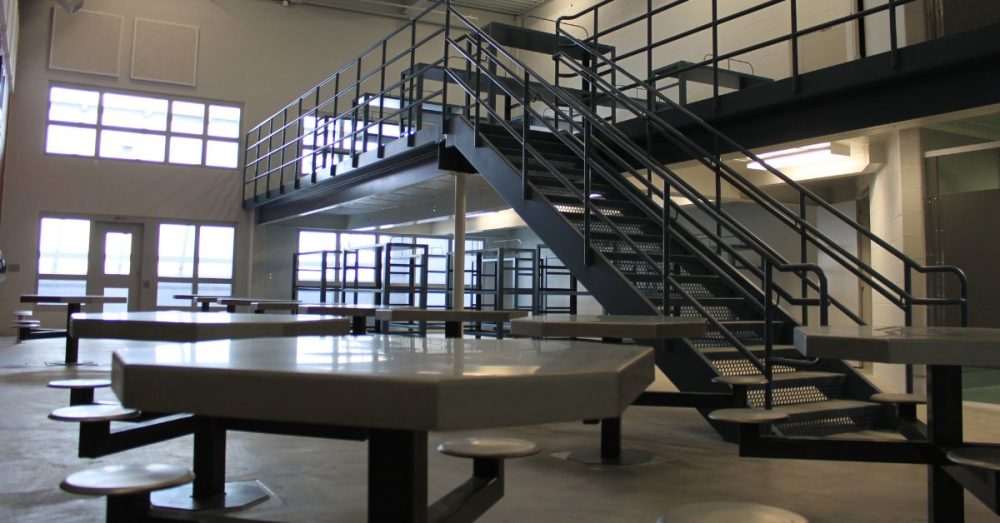Tarrant County commissioners voted Tuesday to renew their longstanding contract with My Health My Resources to administer mental health care at the county jail despite ongoing public concerns about inmate treatment.
My Health My Resources (MHMR) will receive approximately $8.2 million for fiscal year 2025 under the renewed agreement, continuing its role in managing mental health services for incarcerated individuals, KERA News reported.
However, residents at the meeting raised serious questions about whether the jail and MHMR are doing enough to protect vulnerable detainees.
Described by the sheriff as the county’s “biggest psychiatric hospital,” the Tarrant County Jail holds many individuals with mental illnesses and intellectual and developmental disabilities.
Some residents, like Julie Griffin, voiced frustration about the incarceration of people with such conditions.
“Here’s the question,” Griffin said during public comment. “Do they belong in a jail?” She cited several disturbing cases in which individuals with mental health or developmental issues suffered grave harm behind bars.
Among these cases was Chasity Congious, who made headlines after giving birth alone in a jail cell — an incident that ended in tragedy with her baby’s death.
The county reached a $1.2 million settlement, the largest in its history, following Congious’s lawsuit.
Another lawsuit involved Kelly Masten, a detainee with an intellectual disability and a seizure disorder, who had to be placed in a medically induced coma after repeated seizures were allegedly neglected by jail staff.
Public concern has escalated further in the wake of Anthony Johnson Jr.’s death in April.
Johnson, diagnosed with schizophrenia, died after jailers restrained him. Two jailers have since been indicted for murder, and his family claims the jail failed to accommodate his mental health needs.
Despite the criticism, MHMR CEO Susan Garnett defended the organization’s partnership with the county and John Peter Smith Hospital. She explained that MHMR is responsible for mental health evaluations, medication management, regular prisoner check-ins, and coordinating closely with jail staff.
Garnett declined to comment on individual cases but noted that detainees in specialized housing receive regular visits from caseworkers and therapists, according to KERA News.
Meanwhile, the future of the Mental Health Jail Diversion Center — a program launched in 2022 to redirect individuals with mental health issues away from jail — remains uncertain. Although the county did not include funding for the center in its latest budget, officials say they are seeking alternative sources to keep the program running. The center was intended to offer a more humane alternative to incarceration for people arrested for low-level, nonviolent offenses.


